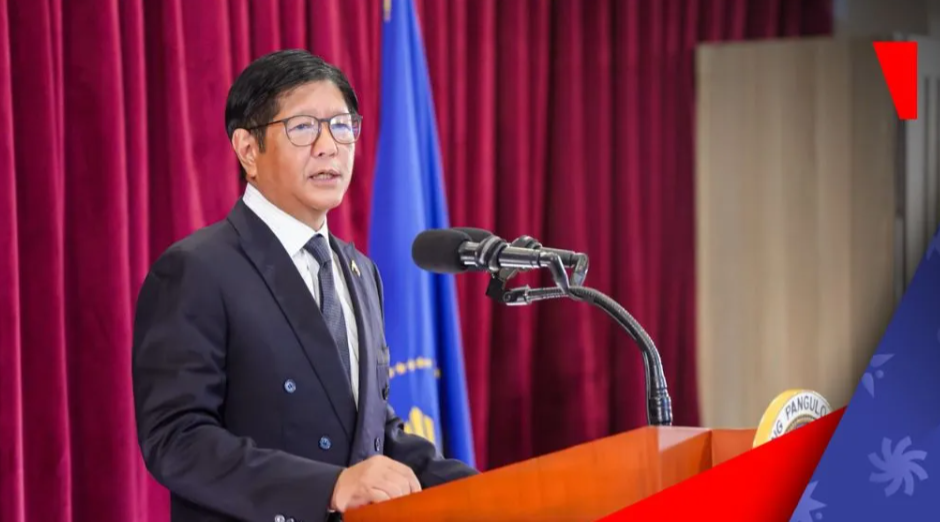
The Philippines’ President Ferdinand R. Marcos Jr. (as depicted in the featured image) has signed a decision outlawing offshore gaming operations in the Philippines, as the government moves to dismantle an industry long linked to human trafficking, online scamming, tax fraud, and other organised criminal activities. This move immediately cancels all remaining licences of POGO operations across the country.
The Republic Act 12312, known as the Anti-POGO Act of 2025, permanently revokes the legal basis for Philippine Offshore Gaming Operators (POGOs) and orders a coordinated shutdown across multiple government agencies.
The new law repeals Republic Act 11590, which, from 2021, had provided a legal framework to permit and tax offshore gaming firms. Officials said that despite regulatory efforts, the sector had given rise to widespread abuses and challenges.
Although POGO operations were already declared unlawful last year, the Anti-POGO Act now directly bans the establishment or operation of offshore gaming, the acceptance of bets, and the provision of related content or services nationwide.
Under the legislation, all existing POGO licences and accreditations are permanently cancelled rather than temporarily suspended. Foreign Employment Permits issued to non-Filipino workers in the industry are also revoked. The Department of Labour and Employment, Bureau of Immigration, and other concerned agencies are instructed to halt visa issuance for offshore gaming-related work and begin deportation proceedings for those affected.
However, these companies remain liable for outstanding taxes, regulatory charges, penalties, and unpaid duties accumulated up to the final day of operation. The Bureau of Internal Revenue has been ordered to audit operators, their employees, and associated service providers to determine any uncollected tax obligations. Local gaming agents, commonly used as Philippine representatives, may still be pursued for compliance.
To ease the economic transition, the law instructs multiple agencies to launch reskilling and redeployment programmes for displaced Filipino employees. The Technical Education and Skills Development Authority, Department of Information and Communications Technology, Department of Trade and Industry, and Commission on Higher Education are all mandated to coordinate job-transition support, including digital skills training and placement into technology and business process roles.
An administrative oversight committee led by the Presidential Anti-Organised Crime Commission will guide enforcement of the ban, with the Department of Justice and the Department of the Interior and Local Government seated as members. The committee must submit a progress report to the Office of the President, Senate, and House of Representatives within one year of the law’s effectivity.
Violations carry tiered penalties. A first offence may lead to imprisonment of up to eight years and fines of up to PHP 15 million (€240,000). Punishments increase to 10 and 12 years for second and third offences, with fines rising to PHP 30 million (€480,000) and PHP 50 million (€800,000), respectively.
Foreign offenders will be deported after serving jail time and permanently barred from re-entering the country. Public officials found complicit automatically receive maximum penalties. The Act becomes effective 15 days after publication in the Official Gazette or a newspaper of general circulation.
#iGaming #Philippines #POGO #GamingRegulation #Compliance #ResponsibleGaming